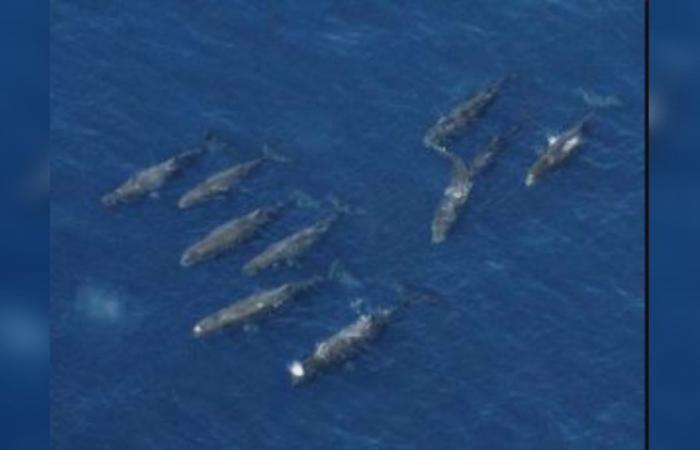The Marine Protected Areas and National Parks of the Italian Pelagos Network join together to protect marine mammals in the era of climate change. The project, which takes the name of Claps (CLimate Adaptation Pelagos Sanctuary) and which sees the involvement of 12 partners (the protected areas of Portofino, Bergeggi Island, Cinque TerreSecche della Meloria, Tuscan Archipelago National Park, Asinara National Park, Maddalena National Park, Capo Testa and Capo Mortola Marine Protection Area, University of Pavia, Nauta srl and Menkab: the breath of the sea) sets itself the ambitious objective of strengthen the role of marine parks as sentinels of climate change and key players in the acoustic monitoring of the Sanctuary’s species.
The activity involves the positioning of fixed monitoring stationsboth for water temperature and for listening to cetaceans through hydrophones, which allow us to begin to understand the effects of rising temperatures on cetaceans and the impact of noise on them.
Many of the marine protected areas involved are already part of well-structured and effective monitoring networks. The project therefore also proves to be a useful tool for consolidating these successful experiences. The protection of the seas and oceans, a note recalls, represents the challenge and the objective to be achieved on a global scale.
The Mediterranean basin has been identified as a biodiversity hotspot at climate risk, with sea temperatures rising faster than other areas and with marine heatwaves, droughts and coastal floods becoming more frequent..
“There is evidence that marine protected areas, if effectively managed, can provide nature-based solutions to climate adaptation by providing refuge and increasing the resilience of habitats and species to climate change. The more effective the protection, the better able organisms and ecosystems will be to cope and continue to support productive fisheries and other ecosystem services.”






